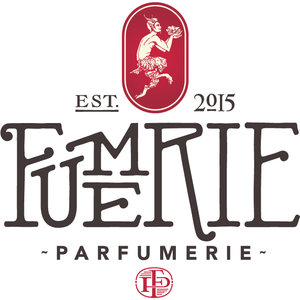Citrus
These fragrances feature prominent citrus notes including bergamot, lemon, orange, mandarin, tangerine, etc. Essential oils are obtained from the peels of the citrus fruits through expression. Fragrances in the citrus family often make use of elements obtained from the orange tree such as neroli and orange blossom absolute. The citrus family is one of the earliest fragrance families—the progenitors of the family, the Eau de Colognes or Kölnisch Wassers, were first developed in the early 1700s. Citrus fragrances are often augmented by floral accords, chypre accords, spicy accords or aromatic accords but are set apart by their freshness and lightness. The tradeoff for these fresh and effervescent characteristics is a lack of longevity. Eau de Colognes are not designed to last more than a few hours; modern citrus fragrances tend not to last much longer. For decades, parfumeurs have searched for a way to produce a fresh, zingy citrus composition that lasts through the day. The reason for this has everything to do with the materials used in citrus fragrances. As a general rule, the fresher a scent is, the smaller the molecule is and thus the faster it evaporates.
ACQUA VIVA Profumum Roma
AZAHAR Voyages Imaginaires
BOHEMIAN LIME Goldfield & Banks
EAU DE GLOIRE COLOGNE Parfum d’Empire
ÉVOCATIONS: MANDARINO Lubin
INGENIOUS GINGER Goldfield & Banks
ISOLA Meo Fusciuni
MOLECULE 01 + MANDARIN Escentric Molecules
SAINT JULEP Imaginary Authors
SILVER MUSK Nasomatto
SUNDRUNK Imaginary Authors
QI INTENSTIVO Ormone Jayne
YUZU FOU Parfum d’Empire

